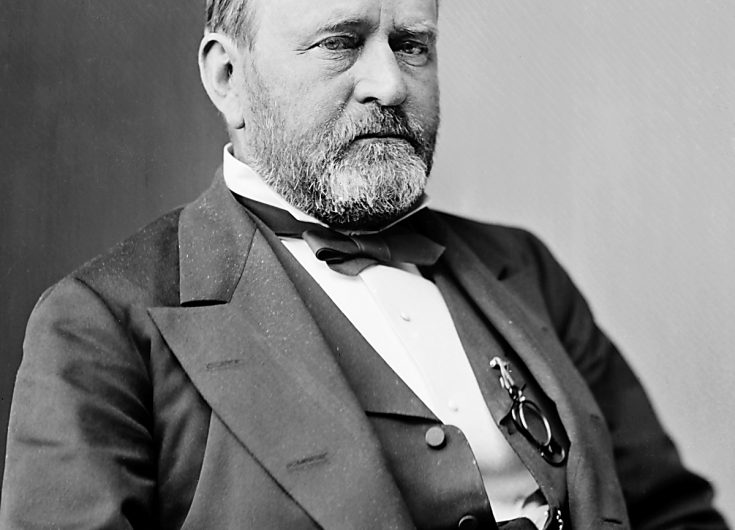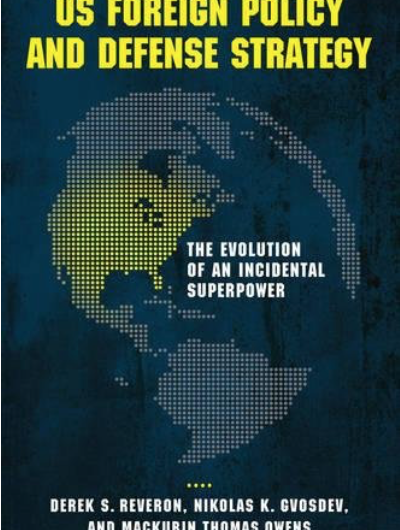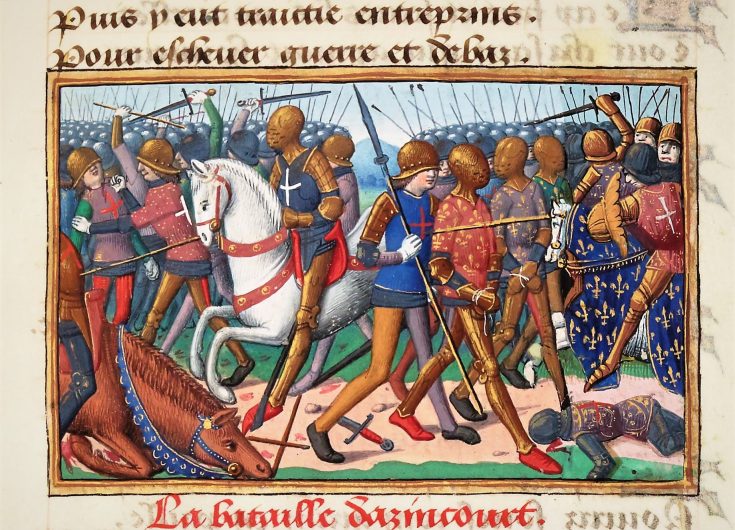Executive Authority and the Constitution: Reflections by Owens and Knott
Mackubin T. Owens and Stephen Knott have published a monograph in the Foreign Policy Research Institute’s Philadelphia Paper series, The Evolution of the Executive and Executive Power in the American Republic. They consider the role that a republican executive has, and ought, to play in domestic affairs – (what James Ceaser terms “the zone of law”), as compared to that concerning foreign and defense policy (a “zone of ‘high’ discretion”). They trace the evolution of thinking about the executive, from Machiavelli through Hobbes, Locke, Montesquieu, and the American Founders, following Harvey Mansfield’s Taming the Prince: The Ambivalence of Modern Executive Power




